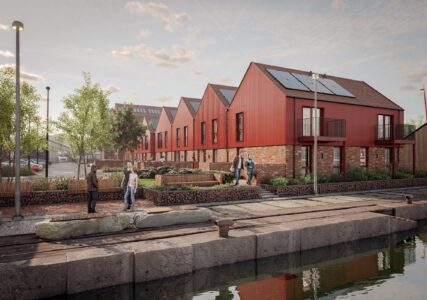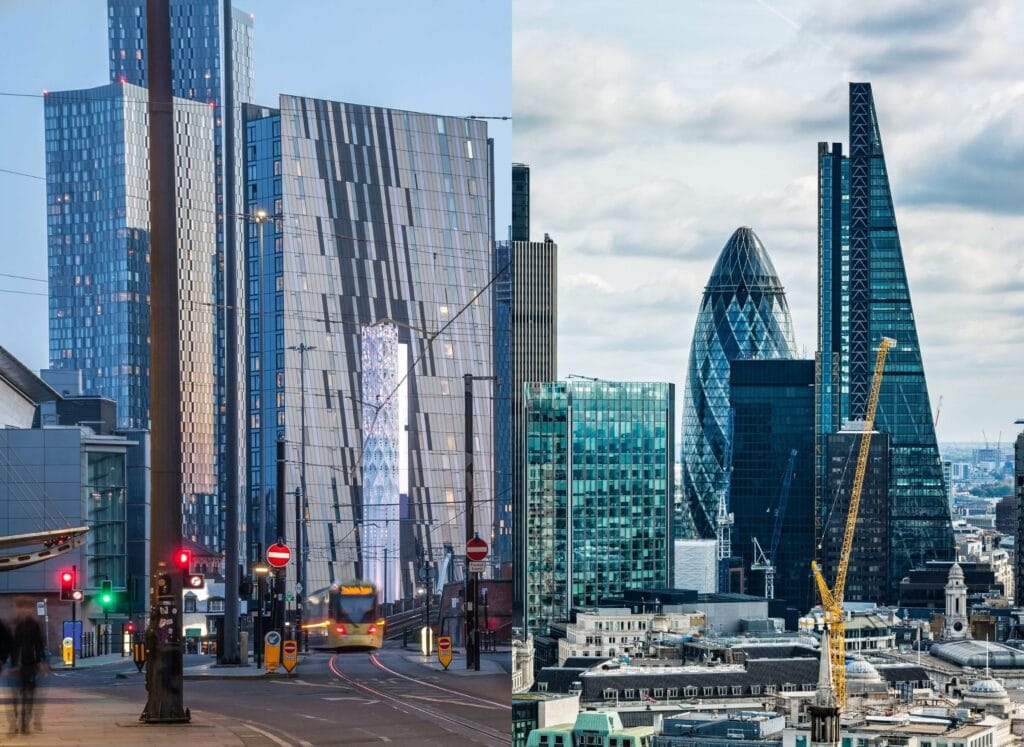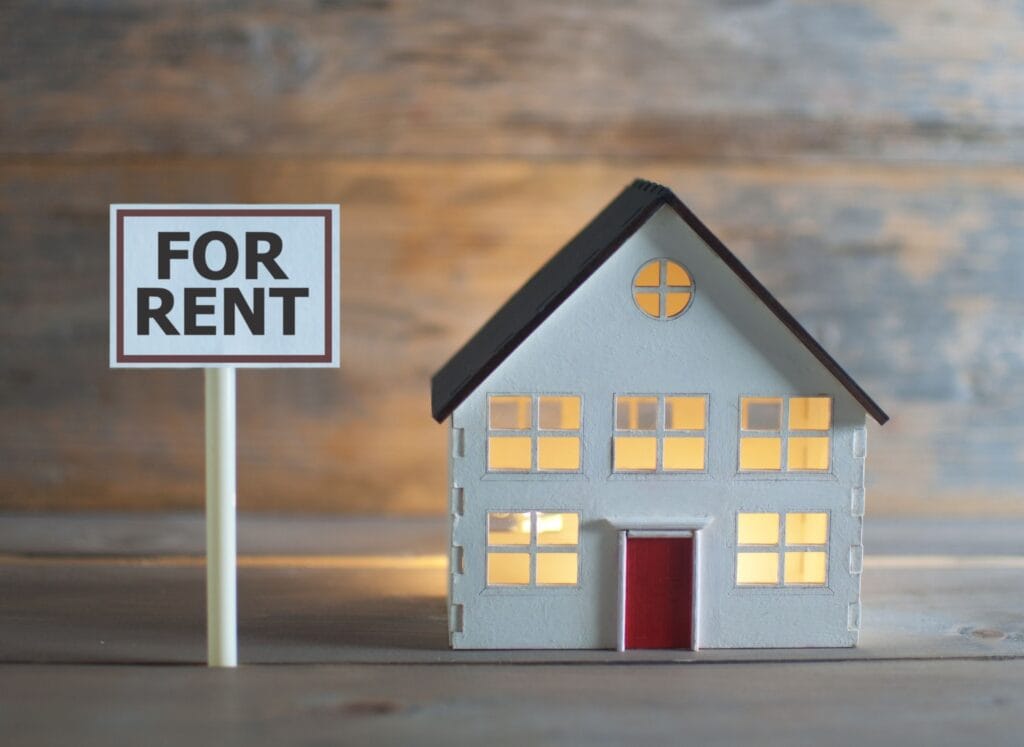Green building certifications are rapidly becoming the new standard in Birmingham’s real estate market, significantly influencing property investment trends. These certifications, which validate the sustainability and environmental performance of buildings, are increasingly sought after by tenants and buyers who prioritise eco-friendly living. TK Property Group offers insights into how green building certifications are shaping the real estate landscape in Birmingham and creating new opportunities for property investment.
The Growing Importance of Green Building Certifications
Green building certifications, such as BREEAM (Building Research Establishment Environmental Assessment Method), LEED (Leadership in Energy and Environmental Design), and the Passivhaus standard, assess buildings based on various sustainability criteria. These include energy efficiency, water usage, indoor environmental quality, and the use of sustainable materials. Achieving such certifications not only demonstrates a commitment to environmental stewardship but also enhances the marketability and value of properties.
Driving Demand and Property Values
Properties with green building certifications are increasingly in demand among environmentally conscious tenants and buyers. These individuals are willing to pay a premium for homes that offer reduced energy costs, healthier living environments, and a smaller carbon footprint. As a result, certified green buildings often enjoy higher occupancy rates and rental yields compared to non-certified properties. This trend is driving property values up, making green-certified buildings a lucrative option for property investment in Birmingham.
Benefits for Investors
Investing in green-certified buildings offers numerous benefits for property investors. Firstly, these properties typically have lower operating costs due to energy-efficient designs and sustainable practices, resulting in higher net operating income. Secondly, green buildings tend to attract long-term tenants who value sustainability, reducing turnover and vacancy rates. Additionally, as governments and municipalities increasingly incentivise green building practices through grants, tax benefits, and streamlined permitting processes, investors can benefit from financial support and regulatory advantages.
Enhancing Market Appeal
Green building certifications significantly enhance the appeal of properties in a competitive market. For developers and investors, promoting a property’s green credentials can differentiate it from others, attracting a wider range of potential tenants and buyers. Features such as energy-efficient appliances, solar panels, rainwater harvesting systems, and superior indoor air quality contribute to a healthier and more sustainable living environment, further boosting the property’s attractiveness.
Supporting Sustainable Urban Development
The push for green building certifications aligns with broader urban development goals aimed at reducing environmental impact and promoting sustainability. Birmingham’s commitment to sustainable development is evident in its urban planning policies and initiatives that encourage green construction practices. By investing in green-certified buildings, investors not only contribute to a more sustainable city but also position themselves at the forefront of a growing market trend.
Long-Term Investment Stability
Green-certified buildings offer long-term investment stability due to their resilience against regulatory changes and market shifts towards sustainability. As environmental regulations become stricter, properties that already meet or exceed these standards are less likely to require costly upgrades. Moreover, the increasing consumer demand for sustainable living spaces ensures a steady market for green-certified properties, providing a buffer against economic downturns.
Strategic Investment Considerations
Investors looking to capitalise on the trend towards green building certifications in Birmingham should focus on properties that either already hold certifications or have the potential to achieve them through retrofitting and renovations. Evaluating the cost-benefit ratio of obtaining certifications and implementing sustainable features is crucial. Collaborating with experienced architects and sustainability consultants can help in designing or upgrading properties to meet certification standards efficiently.









